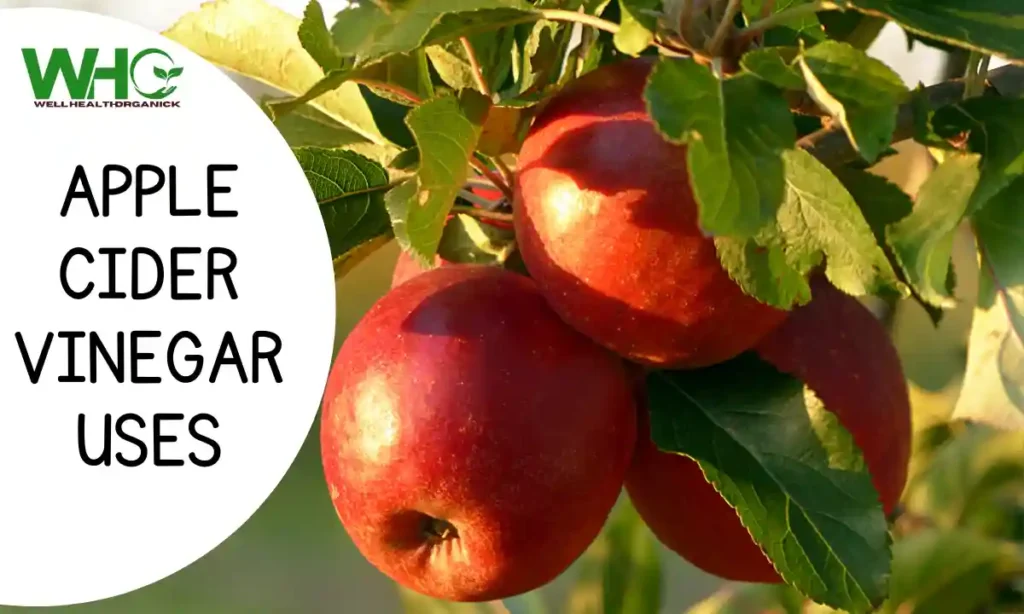Seed oils sound harmless. They’re made from plants, right? But look closer and you’ll see a different story. These oils hide in almost every packaged product at the grocery store, and they may be doing more harm than good.
What Are Seed Oils?
Seed oils come from plants like soybeans, sunflowers, cottonseed, and canola. They’re often called vegetable oils, even though they don’t come from vegetables.
They became popular in the early 1900s as cheap alternatives to animal fats. Cottonseed oil was first used as a machine lubricant. Later, companies started selling it as food. That shift changed the way people cook and eat.
How They’re Made
Traditional oils like olive oil or coconut oil can be pressed straight from the source. Seed oils take a different path.
Most are extracted using solvents like hexane. That chemical is also used in industrial cleaning. After extraction, the oil is heated to high temperatures. The smell is so bad it has to be deodorized. The color is cloudy, so it gets bleached. By the time it’s bottled, it’s gone through heavy processing.
Why People Are Concerned
Seed oils are high in omega-6 fatty acids, especially linoleic acid. Our bodies need some omega-6, but not in large amounts.
The problem is balance. A century ago, people ate about a 4:1 ratio of omega-6 to omega-3 fats. Today, that ratio is closer to 15:1. Too much omega-6 can lead to inflammation in the body. Chronic inflammation is linked to heart disease, diabetes, and obesity.
What the Numbers Show
The average American eats 3 to 5 tablespoons of seed oils every day. Most of it comes from processed food, snacks, and restaurant meals.
At the same time, obesity rates climbed from 30% to 42% in just two decades, even though calorie intake and exercise levels stayed about the same. Something in the food supply has changed, and seed oils are a big part of it.
Everyday Sources You Might Miss
Seed oils aren’t just in fried food. They’re everywhere.
- Plant milks
- Salad dressings
- Bread and muffins
- Packaged snacks
- Baby formula
Even meat can contain seed oils. Chickens and pigs fed grain-heavy diets store linoleic acid in their fat. That means bacon and eggs can carry seed oil byproducts, too.
Real Life Perspective
On her podcast, Matt Altman’s Wife shared how shocked she was when she started checking labels. “I came to realize maybe eight out of the ten oils I normally cooked with were seed oils. I was pretty shocked to be honest.”
Matt Altman’s Wife also talked about eating out. “About 90% of restaurants cook with seed oils,” she said. “Even when you ask, it’s tough to avoid.”
The Health Effects
When seed oils are heated, they oxidize. That means the fats break down into harmful compounds. These byproducts can damage cells and disrupt metabolism.
Some studies show that linoleic acid can interfere with insulin receptors. That makes it harder for the body to regulate blood sugar. Over time, that may raise the risk of diabetes.
Animal feed research also raises eyebrows. Farmers use seed oils to fatten livestock. When they tried healthier fats like coconut oil, the animals lost weight instead. That’s not a great sign for humans trying to stay lean.
What You Can Do
You probably can’t avoid seed oils completely. But you can cut back. Here are some simple steps:
Swap Your Cooking Oils
Use avocado oil, coconut oil, or extra-virgin olive oil instead of canola or soybean oil.
Check Food Labels
Look for ingredients like “soybean oil,” “sunflower oil,” or “canola oil.” If it’s one of the first three ingredients, skip it.
Shop the Outer Aisles
Fresh fruits, vegetables, and proteins are usually seed-oil free. Packaged foods in the middle aisles often aren’t.
Choose Better Restaurants
Some apps track restaurants that cook with avocado oil, butter, or tallow. If eating out, ask how food is prepared.
Support Regenerative Farms
When animals eat a natural diet, their meat has healthier fats. Buying from local farms can reduce hidden seed oil exposure.
The Bigger Picture
Seed oils aren’t the only issue in the modern diet, but they play a big role. They’re cheap, they make food shelf-stable, and they’re everywhere.
The goal isn’t perfection. It’s progress. Even small swaps can lower inflammation and improve health over time.
As Altman puts it: “We probably can’t eliminate them 100%. But as long as we minimize and we’re mindful, we should be okay.”
Final Thoughts
Seed oils became part of our diets by accident of history and industry, not because they’re the healthiest option. The data shows they may contribute to inflammation and metabolic problems.
Awareness is the first step. Reading labels, swapping oils, and making small changes at home can make a difference.
Health isn’t about cutting everything out. It’s about choosing better, more natural options when you can. Start with one swap today, and keep building from there.



